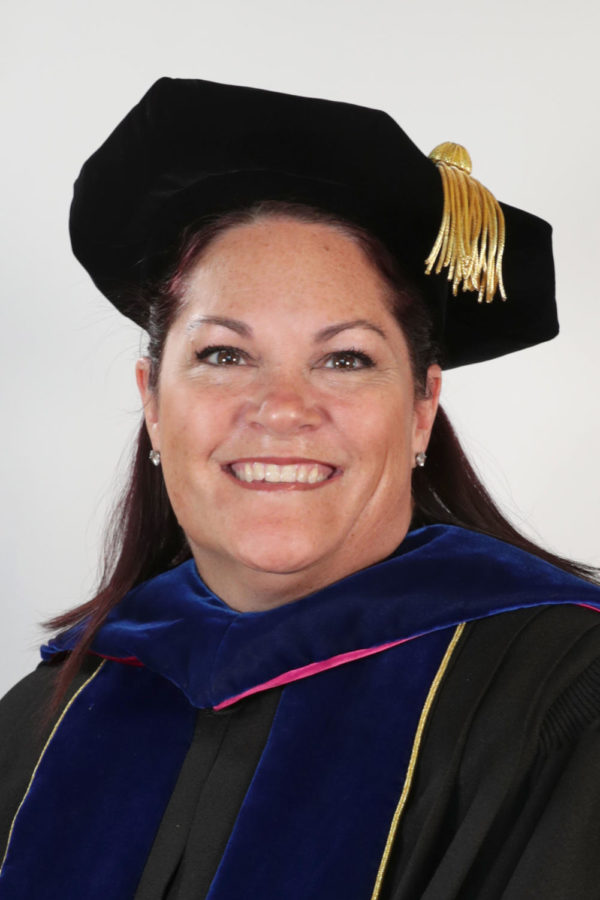While some students and faculty remained on campus during the J-term in the snowy Erie weather, some had the opportunity to study in warmer climates.
An Aquatic Ecology class composed of 30 students and six faculty members spent 12 days traveling and studying in Belize City, Belize. The country is located on the eastern coast of the Caribbean in Central America and had temperatures in the 70s and 80s during the time the class was there.
The class, organized by Randall Howarth, Ph.D., split into two groups, one staying at an Eco-Tourism lodge and the other at the University of Belize marine biology station on Calabash Caye. Students had the opportunity to spend time in the jungle, visiting the Mayan sites of Actun Tunichil Muknal Cave, Caracol, and Xuantunich. They zip-lined and cave tubed as well.
This is the first time the trip has been offered, but Howarth is already planning the next trip for 2017.
Ian Hausner, a junior Public History major who attended the study abroad trip, said the expeditions through the caves in Belize involved squeezing through tight spaces, including a crevice known as “the self-decapitator” due to a sharp edge protruding out at the neck level.
“I know Indiana Jones isn’t real, but you feel just like him, climbing through there to find the archaeological sites,” Hausner said.
The Belize Barrier Reef is the longest in the Western Hemisphere and second longest in the world after the Great Barrier Reef. Students were able to go snorkeling on the reef and in mangroves right off the Belizean coast.
Brianna Flynn, a junior, commented on how interesting it was to see the wildlife.
“You would look at the pictures of different fish and stuff in textbooks, and then suddenly you get to see them in real life under the water,” Flynn said. “It was incredible.”
Sara Turner, Ph.D., an assistant professor of biology, said her favorite part of the trip was when one of the groups went snorkeling for conch, and upon collecting several served them up for dinner in the form of ceviche, a raw seafood dish marinated in lime or lemon juice and spices and served as an appetizer.
Jamie Borowicz, Ph.D., an adjunct faculty member for the Archaeology department who attended the trip, said that the worst part of the experience was simply “landing in Cleveland in 10 degree weather after two weeks in the tropics.”




